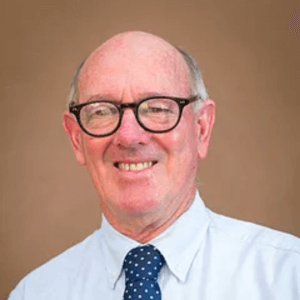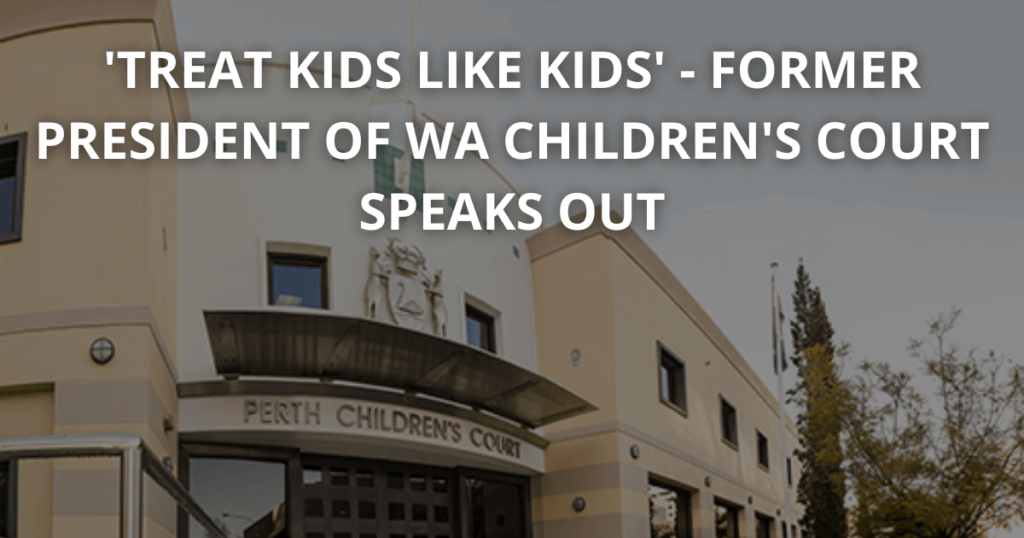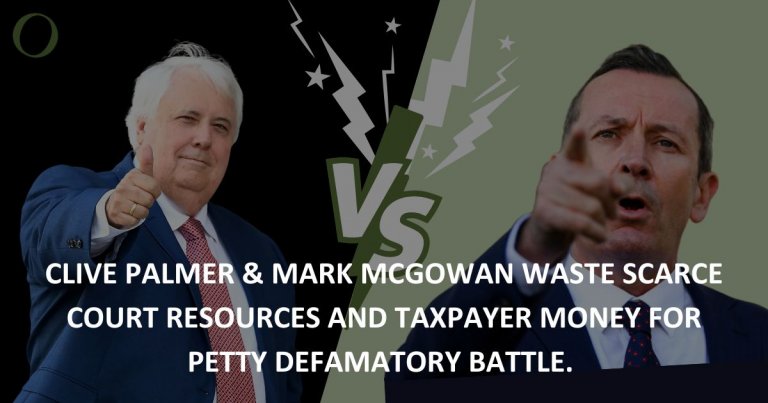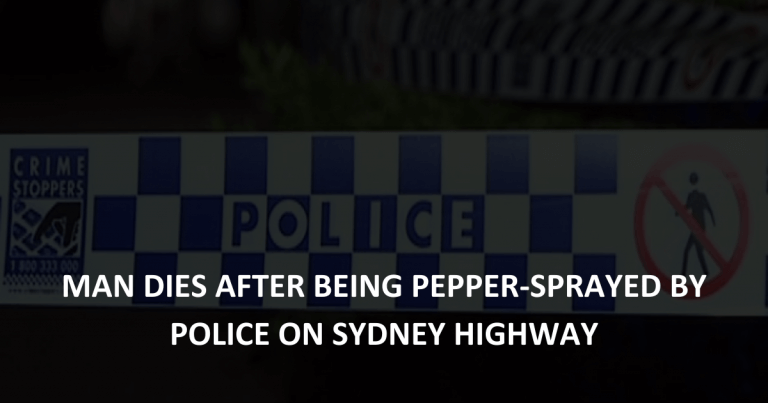Former President of the Western Australia Children’s Court urges courts to treat children, like children.
Denis Reynolds said that courts have shifted to being more concerned with the seriousness of the offence than the children’s welfare.
Some of the Aboriginal children who appeared before him were so young and small he could hardly see them above the desk. Most, he says, “have no concept of the level of seriousness of what they’ve been engaged in,” he told The Guardian.
In a series entitled “Childhood in custody“, The Guardian is exploring the stories of Indigenous children trapped in Australia’s jails, and how juvenile justice operates.
A fundamental shift in the way court deals with children

During the 80s and 90s Denis Reynolds was a magistrate in Kalgoorlie, then Perth and flew out to regional communities when needed. In the late 90s he became Commissioner of the District Court.
“[A] welfare-orientated court shifted to more of a ‘law and order’ court, where children were dealt with like young adults,” he says.
That shift in attitude disproportionately affects Indigenous children who make up roughly 75% of Western Australia’s juvenile justice population.
Denis Reynolds was appointed President of the Children’s Court in 2004.
The Children’s Court oversees all matter involving children aged 10 to 17 across WA. The president takes on the more serious matters and hears appeals.
Denis Reynolds set out to reset the culture.
“It’s like a metronome,” he told The Guardian. “We’ve gone too far into the law and order … model.
“We’ve got to go back and start addressing the underlying cause … the factors for why young children offend and place more regard on that principle – that seems to be lost – that we’re dealing with children.”
Treating children like children
A 13-year-old Indigenous girl from the Kimberley appeared before Reynolds charged with burglary among other things.
The girl had been in and out of the system for years, with a history of being sexually abused and was neurologically impaired from being born with a foetal alcohol spectrum disorder (FASD). She was flown to Perth to attend court.
Reynolds says that it was clear the girl didn’t appreciate what was going on or the seriousness of the charges against her.
Despite her cognitive difficulties, she was given a custodial sentence and taken to the only youth detention centre in the state, Banksia Hill Detention Centre in Perth.
When the girl’s appeal reached Reynolds, he looked at her case and was shocked.
“To treat a young girl with horrific personal circumstances like that … I thought, can’t we do better than this? This young girl is just the victim in so many respects. And yet we’re pushing her through a criminal justice system rather than providing the necessary therapeutic support.”
He overturned her sentence and found an option that didn’t require incarceration.
But he says there aren’t enough options given to magistrates to make better decisions. Legislation around mandatory sentencing results in outcomes “which are unjust, and not in the best interests of the child and the community”.
Her case is not uncommon. A 2018 report found that 89% of Banksia Hill detainees had at least one form of severe neurodevelopmental impairment, while 36% were found to have FASD.
“Children are not small adults”
“Children are not small adults and they should not be treated as such, legislatively or at all,” Reynolds told The Guardian.
If a young person is charged with burglary, gets out on bail but then commits another offence it’s much harder to grant bail under current legislation.
“A burglary can consist of some young person who hasn’t eaten for a while, knowing there’s no one at home, going into an open back door and going to the fridge and taking whatever he or she can get out of the fridge to eat, and then leaving the house.”
Diversion from the criminal justice system
“Let’s just say we’ve got a cliff, and we’ve got young children dropping off the cliff,” he says. “We’re pretty much at the bottom of the cliff.
“We need to be at the top of the cliff, working on what’s going wrong up there [to stop] these children dropping off.”
In addition to providing more funding and giving diversion programs a makeover, Reynolds believes the age of criminal responsibility should be raised from 10 to 14.
“If we fill the void [of youth detention] with the prevention and diversion programs with Aboriginal involvement that I’m talking about, you’ll actually not only improve the lifespan and the quality of life … you’ll also make the community a safer place.”
For him it all comes down to his guiding principle – treating kids as kids.
“What this whole system does is it divides kids into good kids and bad kids,” he says. “We’re putting kids with neurodevelopmental impairments and other very serious underlying issues – homelessness, abuse, sexual, emotional, that sort of stuff – we’re saying they’re bad kids.
“What we should be saying is that they’re kids crying out for support, and we need to provide it.”
If you have a Children’s Court case coming up or any other concern about juvenile justice, please contact us.






